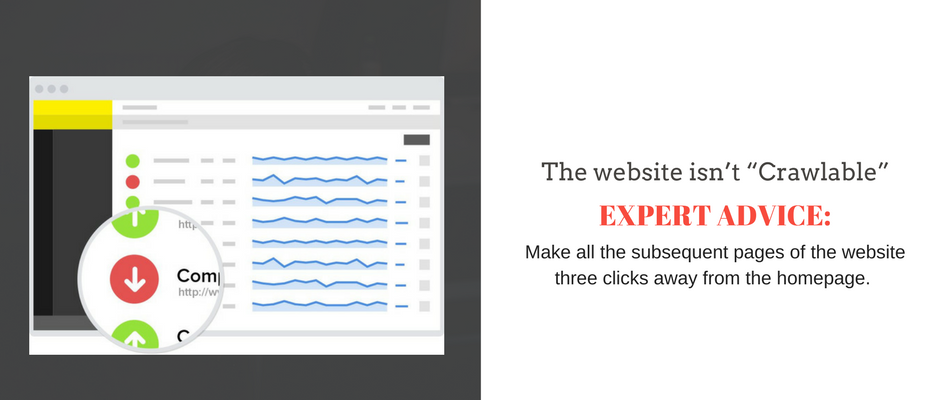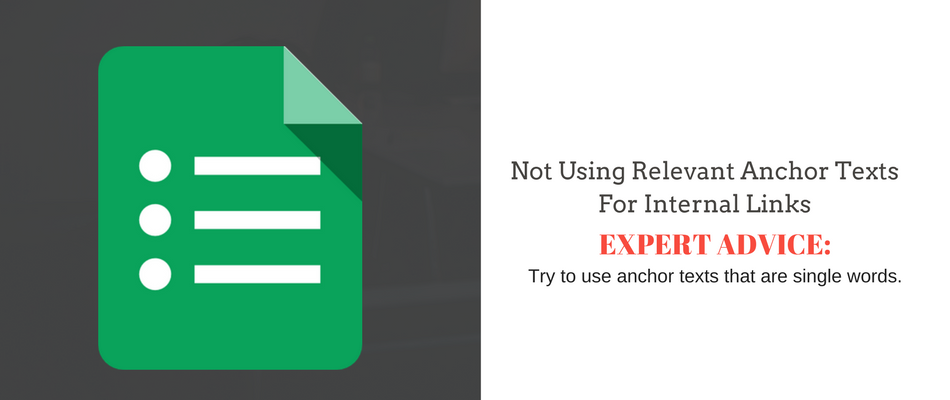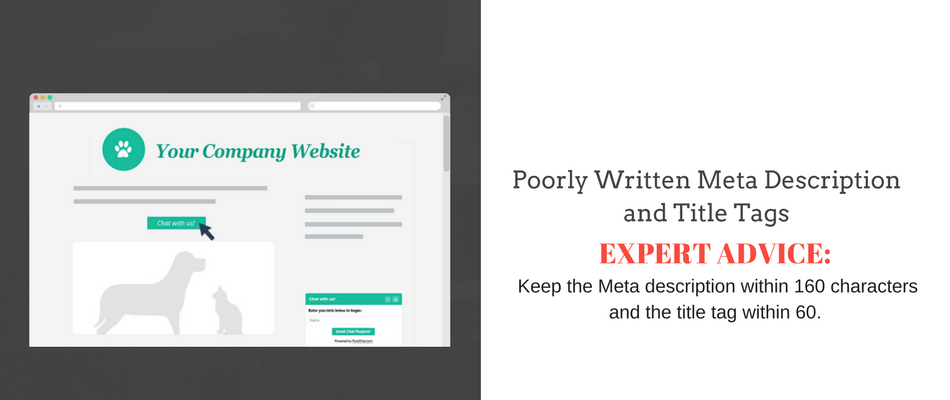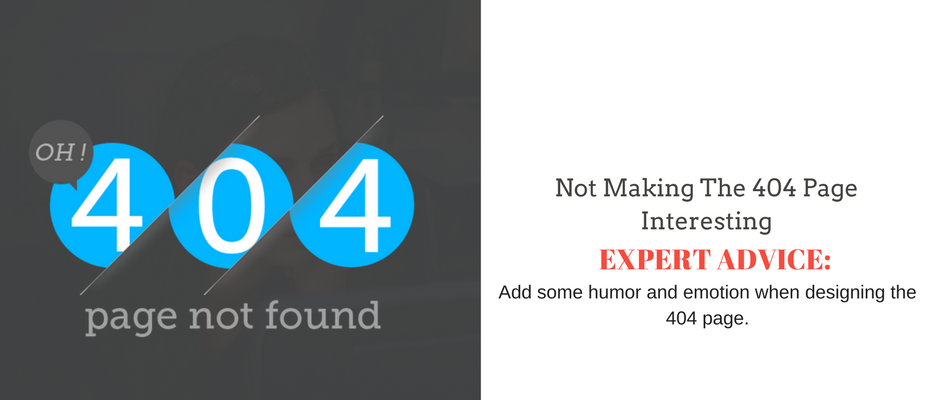5 On Page SEO Mistakes Made By Beginners And How To Avoid Them
Given the vast reach of the internet, there is no doubt when it comes to the power of a website for a small business. The first step to setting up a successful website would be search engine optimization or as it is more commonly called SEO. SEO was and still continues to be one of the most powerful internet tools to date.
Reports suggest that over 3.5 billion searches are carried out over the internet every single day. Out of these 94% people click on the first page results of their Google results. When you set up your own website, you want your business to attract more traffic and in order for that to happen, you will have to be at the top in SERP.
There are a large number of small businesses that have their website and hence the SERPs are usually overcrowded. When you set up an online business or open a website, you can be found in three ways:
- Directly, where the person will enter the address manually.
- By referral, where the person finds out about you from a link
- Organically, where the person will search of words related to your business and come across the page.
Given the importance of SEO, it is essential for the success of a website. However, there are several new businesses that beginners make when it comes to SEO. Here are five common SEO mistakes that you need to be aware of and avoid.
Not Investing Adequate Time On Keyword Research
Keyword research is a simple practice where you have to look into tools like Google’s Keyword Planner and find out the list of keywords applicable for your website and rank them. The process might sound easy, but experts claim that this is where new business owners make a mistake. The process of keyword research is difficult. While the owner might look into keywords relevant for their business, it isn’t the same for the customers. They look for keywords relevant to them and their queries. Consider different intent that the customers might have for looking up for your website and incorporate those keywords in your list.
Expert advice: Place the important keywords in your URL and in the different pages. Make sure that the keywords make sense and aren’t out of context.
The website isn’t “Crawlable”
Crawling is a technical term that describes the process of search engine robots going through pages in your website. For the search engine spiders to crawl through your website, you need to link each page. When you sit to design the pages for your website, apart from making them attractive and user-friendly, make sure that they are all linked internally. If you skip this part, the pages on the website will not appear in the SERP.
Expert advice: Make all the subsequent pages of the website three clicks away from the homepage. This ensures that they are linked properly.
Not Using Relevant Anchor Texts For Internal Links
An internal link is crucial and you need relevant anchor texts within the website content for the same. Make sure that anchor texts used for linking different pages together in relevant and is a part of the content. They shouldn’t seem jarring and stand apart as texts that have simply been inserted for the sake of linking. The manner in which you use your anchor texts also reflects your credibility as a business.
Expert advice: Try to use anchor texts that are single words. If you are using phrases, make sure that they aren’t more than three words.
Poorly Written Meta Description and Title Tags
Meta description would be the information that you find in the SERP page. This grabs the attention of the reader, so make it crisp and interesting. Title tag is the first page that appears in the Google search results. This will be the first page that potential customers read and see. Make sure it is well written and that the tag includes the subject of your website. There are many websites that look attractive but have poorly written on long and monotonous tags.
Expert advice: Keep the Meta description within 160 characters and the title tag within 60.
Not Making The 404 Page Interesting
The website that you create should not only provide the customer with all the information about your website, but also provide a great user experience. Most marketers do not realize the importance of the 404 page. Studies have shown that a customized and interesting 404 page improves the customer’s experience manifold. The 404 page shouldn’t stop the user from exploring your website, but convince them to continue going through it. Make the design interesting and unique so that remains with them.
Expert advice: Add some humor and emotion when designing the 404 page.
Now that you know the basic SEO mistakes that beginners make, you can learn from these and start on with a successful online business venture.
Choose keywords carefully, make your site crawlable, use relevant anchor texts, optimize meta description and title tags, tweak 404 page and keep your SEO game on point!
I’d love to hear from you. Let me know which mistake sounds most familiar to you? Don’t be hesitant. Leave a comment right now!






